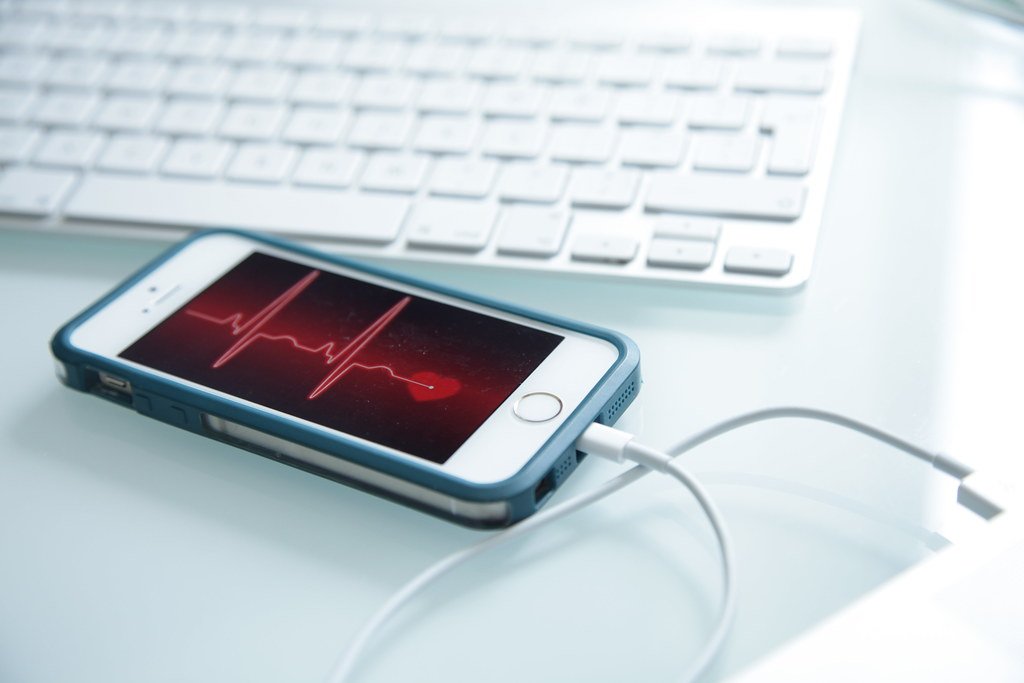The limitation to the wide acceptability of mHealth.
4 comments
To think that a thing like this has been existing for about two decades and I am just hearing about it for the very first time, I think I really need a great level of exposure, maybe traveling would do so much good (I never leave my house), I am talking about m-Health, I will not be surprised if everyone else knows about this, but for people like me who do not also have an idea of what it is about, I will be writing on the topic today.
Obviously, the use of mobile devices has been increasing rapidly and there was where the idea of wireless and mobile technologies for the purpose of health improvement came from, the idea is aimed at promoting a cost-effective strategy to increase access to PrEP services, it also aids the promotion prevention and treatment behaviors by giving room for private communication. When this vision came to light about two decades ago, m-Health was praised to be the most innovative and the most enabling area for the digital transformation of healthcare on a global scale.

flickr.com
This vision however became a fleeting view since there came a domination of mobile application markets and services. The divergence was the difference between mobile health capitalism and the science of mobile health that leads to the creation of the m-Health schism, this schism was able to be proven as a result of the consistent domination of mobile health capitalism over the science of mobile health. This way, inequality of m-Health was also created leading to the divide between the health and patient benefit and the markets of m-Health, this divergence was more evident in low and middle-income countries when compared to the developed world.
There are problems that must be fixed based on research in order to move the concept of mobile health from where it is currently to the point where it ought to be;
The first is the issue of security, a lot of patients are really concerned about their privacy as well as the sensitivity of their data. Confidentiality, availability, authenticity, and integrity are qualities that general E health would approve, but can it also be trusted that these qualities will be applicable to the mobile application?
The next point is the integration into the standard of national and international healthcare programs and standards, as the ultimate goal of the created mobile application is to fully become an active member of the healthcare system, with this in place, the data will be evenly distributed across different health applications and then connect to electronic healthcare systems.
Just imagine that these m-Health applications have become widespread, as they have become powerful platforms for the delivery of behavioral change and interventions since they can actively improve existing engagement with already established strategies, responsible for the prevention as well as the treatment of disease through a personalized goal-setting procedure.
The wide acceptance of Medicine and application technology in the form of mHealth would provide these benefits;
- The promotion of digital equity.
- It is inexpensive to implement and undertake when compared with traditional healthcare services.
- It would create widespread acceptability of technology.
- It would positively impact health behavior.
- Patient's adherence to available treatment plans is viable.
- The relationship between medical experts and patients would be strengthened.
- It is created in such a way that it can be used with or without consistent high-level connection.
However, with all these benefits, there are still existing barriers such as;
The limited government policies that focus on the implementation as well as the provision of mHealth programs.
The absence of evaluation, experimental, and longitudinal studies.
A strong need for improved communication amongst health professionals.
Staff are limited in terms of education about how to efficiently use the mHealth technology.
Funding for mHealth development is highly limited, in fact, it is only a few government policies that are focused on the provision and likewise the implementation of the mHealth programs.
A good use case of the mHealth technology is used in a patient who has diabetes, then with the presence of a smartphone mobile application that gives room for a type 1 or a type 2 diabetes patient, their health care providers and caregivers to work hand in hand in order to monitor the patient's phone, their daily blood glucose measurement and exercising habits. In some other cases, it could be the use of periodic messages coming in the form of timely reminders on when to take medications, when to eat, when to get up, and exercise alongside other healthy habit reminders based on the prescribed health issue.
References.
https://www.ncbi.nlm.nih.gov/pmc/articles/PMC5792697/
https://www.nature.com/articles/s41746-019-0206-x
https://www.ncbi.nlm.nih.gov/pmc/articles/PMC8998037/
https://www.sciencedirect.com/topics/medicine-and-dentistry/mhealth

Hi, I am Tobi a writer, speaker, relationship blogger, and lover of good music. I love making friends and learning from people. Want to hear me speak on relationships and general life issues, you can find my youtube channel where you can listen and watch any episode for free, please, If do not forget to subscribe, friends. I sincerely appreciate every love I get from here, kindly do well to keep them coming.

Comments